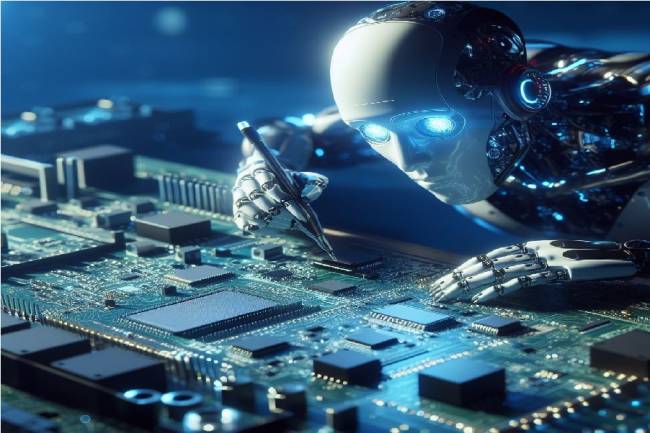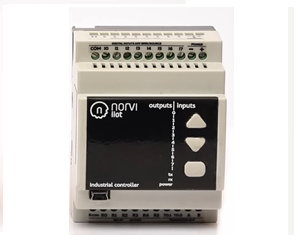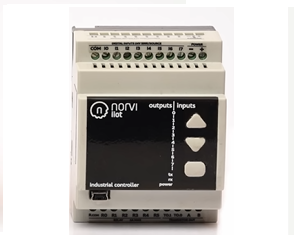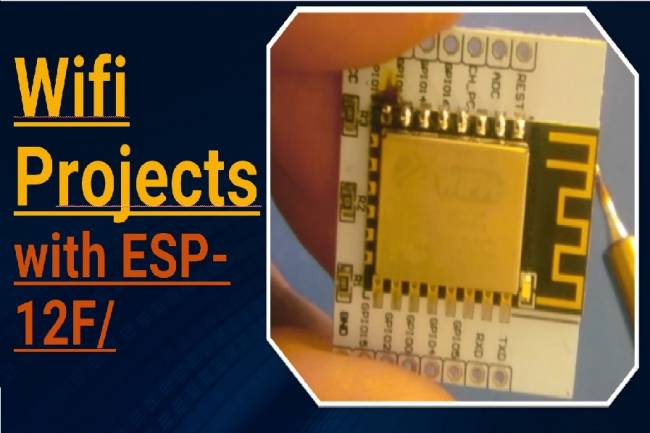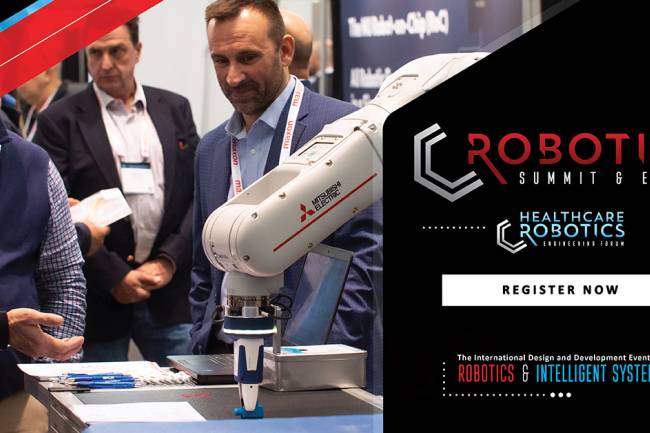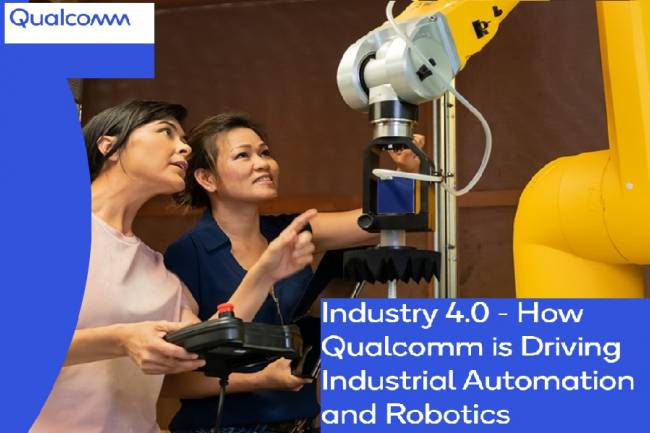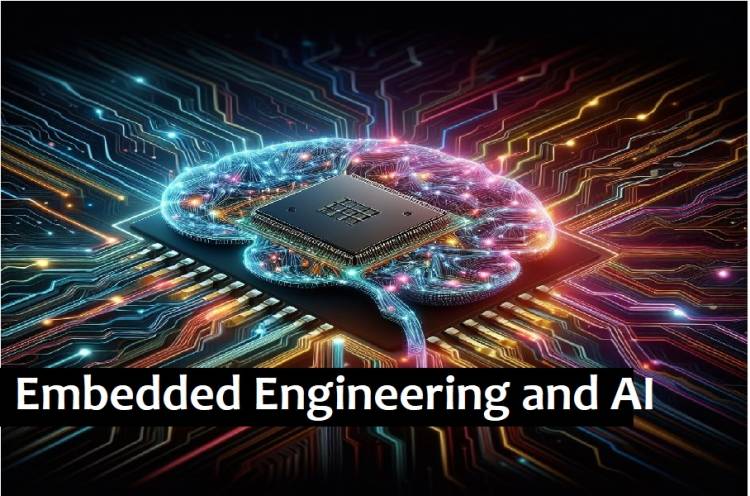
Effects of Artificial Intelligence on Embedded Engineering: New Paths in Technology Transformation
Embedded systems are computer systems such as microcontrollers or microprocessors that are found in electronic devices and often have limited resources. These systems are widely used in many industries, and today the rapid development of artificial intelligence technology is leading to significant changes in this field. Artificial intelligence is showing its impact in the field of embedded engineering in various ways.
1. Smart and Customized Devices
Artificial intelligence algorithms enable more complex and customized functions to be performed in embedded systems. For example, object recognition algorithms can be used in security cameras or automobiles to provide smarter and automatic responses. This provides great benefits in areas such as security, automation and transportation.
2. Better Detection and Control
Artificial intelligence enables better detection and control by processing sensor data more effectively in embedded systems. For example, artificial intelligence algorithms can be used to help a robot perceive and react to its environment. This can be used in many areas, from industrial automation to healthcare, increasing the efficiency of businesses.
3. Higher Efficiency and Performance
Artificial intelligence algorithms can increase the energy efficiency or optimize the performance of embedded systems. For example, smart power management algorithms can be used to reduce energy consumption. This enables longer battery life or lower energy costs in a wide range of products, from mobile devices to industrial equipment.
4. Emergence of New Applications
Artificial intelligence expands the capabilities of embedded systems, allowing the emergence of new application areas. For example, health monitoring can be used in wearable technologies or artificial intelligence can be used in personal assistant systems. This fosters innovation in areas such as healthcare, education, and consumer electronics.
5. Precise and Fast Decision Making
Artificial intelligence algorithms can enable precise decisions to be made by quickly analyzing real-time data. This can be useful in many fields, from the automotive industry to industrial automation. For example, it can be used in applications such as enabling a vehicle to drive safely by sensing its environment or instantly optimizing a production line.
Artificial intelligence also affects embedded engineering in terms of software and hardware design. On the software side, issues such as algorithm selection, data processing, real-time performance and power consumption gain importance; On the hardware side, factors such as the use of customized hardware units, integration, parallelization and the design of low-power sensors should be taken into account.
Artificial intelligence significantly impacts embedded engineering by providing more intelligent, efficient and flexible solutions in embedded systems. This makes the products more competitive and functional.





